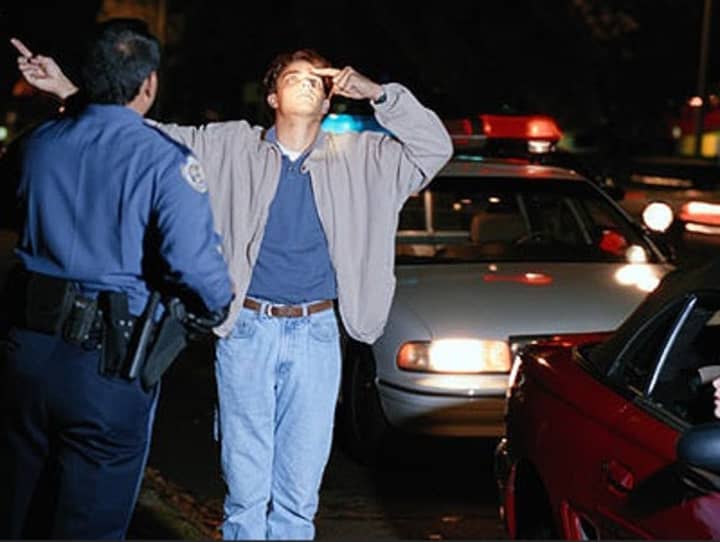Citing previous decisions, the judges rejected a DWI-convicted motorist’s argument that a field test is “the equivalent of a full blown arrest” and requires probable cause.
Supporting it would “suggest that a police officer must turn a blind eye to new indications of more serious unlawful activity observed after stopping a vehicle for unrelated minor traffic violations,” they ruled.
It was 3:30 in the morning on July 31, 2010 when Seaside Heights Police Officer John Moritz pulled over a car with tinted windows and a loud exhaust.
“Appearing a bit scared and nervous,” the driver asked why he was stopped, the decision says. As Moritz explained the violations, he said, he detected “a strong odor of alcohol.”
The driver, Thomas Bernokeits Jr., said he’d had a beer that night, but Moritz said the odor was much stronger than that. So he gave Bernokeits a field sobriety test “to make sure that he was okay to drive,” and then arrested him after he failed it, according to the Appellate Division ruling.
The driver’s lawyer filed a motion to suppress the test, which a Municipal Court judge denied. Bernokeits entered a conditional guilty plea to the DWI charge and was sentenced to a mandatory seven-month loss of his license, a dozen hours in the Intoxicated Driver Resource Center (IDRC) and various fines, the appeals judges wrote.
He later appealed the suppression to a state Administrative Law judge, who supported the lower court ruling. So Bernokeits took his case to the Appellate Division, arguing that having to take the field test amounted to an arrest.
The appeals judges, relying on previous rulings in New Jersey and nationwide, found that an officer’s suspicion, based on clear and detectable evidence, “justify the added detention required to administer the field sobriety tests.”
“What is at most a mere inconvenience cannot prevail when balanced against legitimate concerns for the officer’s safety,” the judges wrote, citing the 1968 case of Terry v. Ohio.
“Even though the initial stop was for a motor vehicle violation, a police officer is not precluded from broadening the inquiry of his stop [i]f, during the course of the stop or as a result of the reasonable inquiries initiated by the officer, the circumstances give rise to suspicions unrelated to the traffic offense,” the judges found.
That reasonableness, they noted, “is measured in objective terms by examining the totality of circumstances.”
Courts must give weight to “the officer’s knowledge and experience,” as well as “rational inferences that could be drawn from the facts objectively and reasonably viewed in light of the officer’s expertise,” the judges said.
In this case, they wrote, Bernokeits wasn’t “subjected to any unnecessary delay” or “detained any longer than the short period required to…complete the roadside tests.” Nor was there “any suggestion that administration of these tests was anything other than routine and standardized.”
Bernokeits “was neither confined, handcuffed nor transported to another location,” they added.
Previous court rulings “view typical field sobriety testing as an investigative detention, short of an arrest,” which “substantially outweighs the decidedly limited intrusion into the motorist’s liberty,” the appeals judges wrote.
“More than the mere odor of alcohol was involved here,” they noted.
Bernokeits was stopped by Moritz “in the middle of summer in a shore town, coming from a local bar,” they said. “He appeared somewhat nervous.”
Bernokeits “admitted consumption,” the appeals judges wrote, “and while he acknowledged having only one beer, this was contradicted by the police officer’s sense impression that the strong odor of hard liquor was emanating from [his] breath.”
{loadposition log}
Click here to follow Daily Voice Ramapo and receive free news updates.


